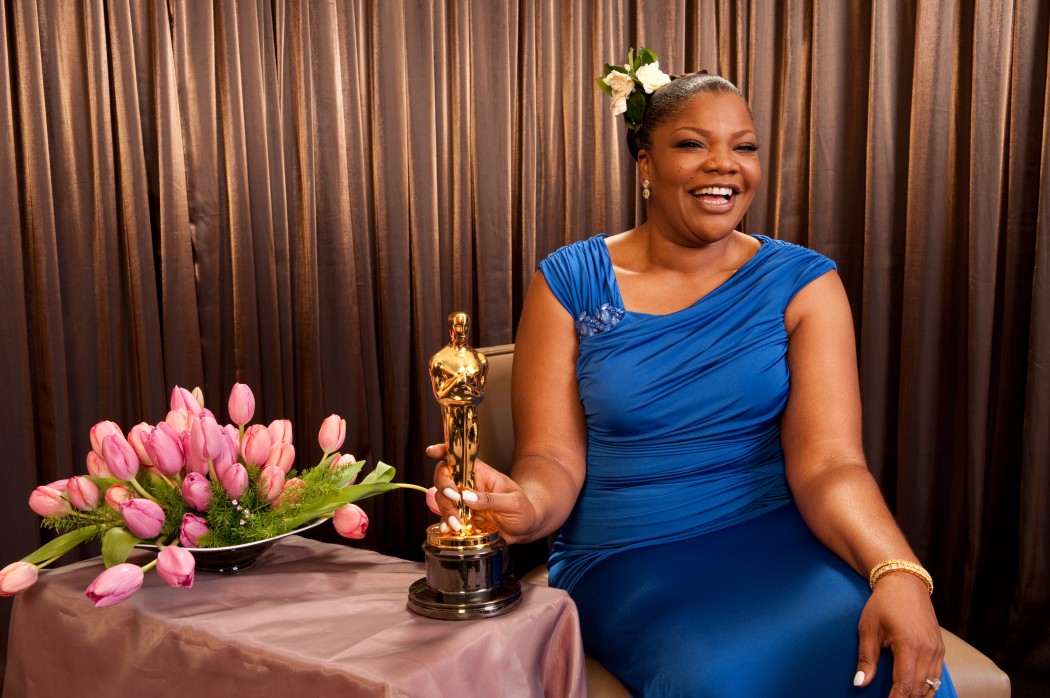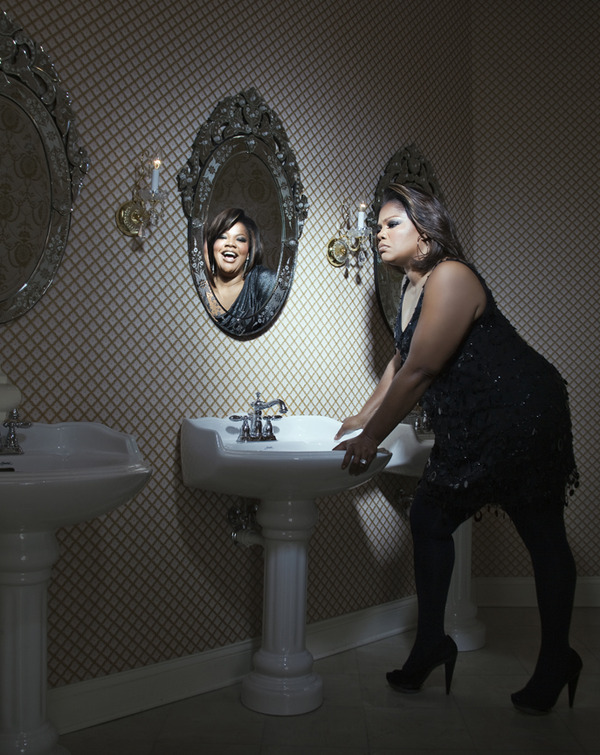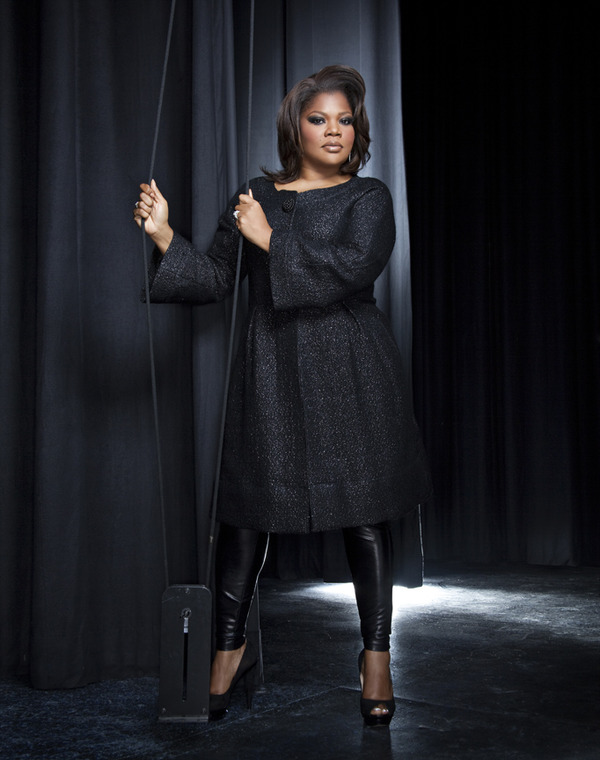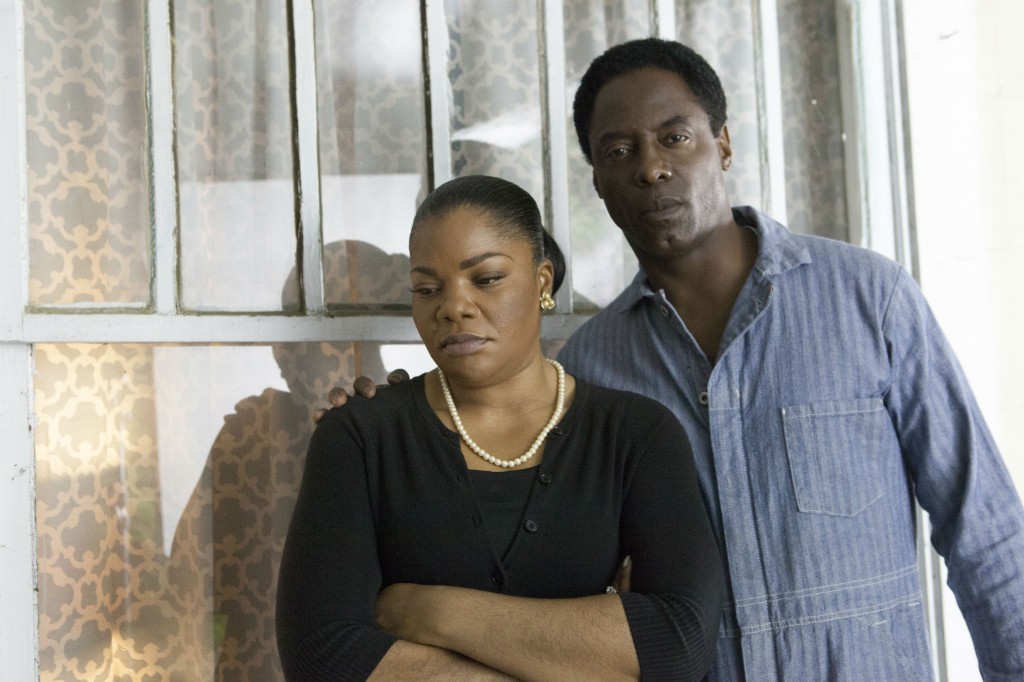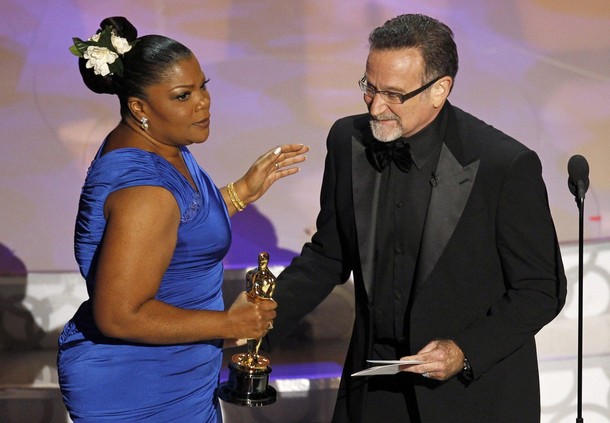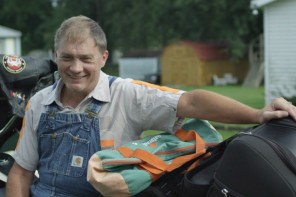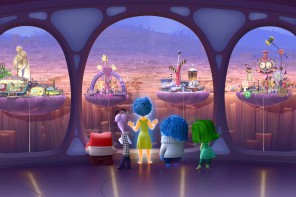It was the writer Louisa May Alcott who once said, “I am not afraid of storms, for I am learning how to sail my ship.” The thought of causing ripples to the status quo is enough to make most people steer clear of drama.
But Mo’Nique ain’t most people. Somewhere between playing lovingly boisterous mother Nikki Parker on The Parkers in the early 2000s and her Oscar-winning turn as abusive mother Mary Lee Johnston in Precious in 2009, she learned to sail her own ship. So when film industry folks came down on her for not campaigning for Precious during awards season as much as they would have liked, she weathered on.
Some have condemned Mo’Nique for her outspoken ways, and rumor has it she may have even been blacklisted. Others have applauded her. We here at Culturated just wanted to make sure Mo– who’s executive producing and starring in the powerful new drama Blackbird this month– had a platform from which to tell her side of the story.
Mo’Nique, where in the world are you right now?
I’m in this place called Happy Village. And when you come here, you must have smiles.
Okay, I’m wearing a big one right now.
Then you are always welcome in the Village.
When I look at the box office standings, only two of the top 15 films have blacks in primary roles. When you hear statistics like that, how does it make you feel?
What it makes me say is independence. It makes me feel like we can do this our way, and not be in a position of waiting for someone to say, “Okay, now it’s your turn and we’ll give you a shot.” But when I see that, that is not something new that we’re seeing, is it?
No, not at all.
That’s been going on for a long time. So you can do one of two things: Either you can stand around and say, “Please let it be my turn next,” or you can take your turn.
How long did it take for you to get into that mindset?
You know, DeMarco, I think I’ve always had that mindset, but didn’t know how to go about putting it into action. I think I’ve always felt like, “Why can’t we do it differently?” Why are we sitting around waiting and saying, “Please call and let this phone ring”? And then when [my husband] Sidney [Hicks] and I figured out how we would do it differently, that’s exactly what we did. That’s why I made this beautiful film coming out April 24, called Blackbird. Now, I’m gonna say that a lot during this interview, okay? And every time I say it, baby, I want you to print it!
Talk about the family of filmmakers and creative minds that it took to make this movie.
We first got the call from our attorney, Ricky Anderson, who said, “Isaiah [Washington] is trying to reach out to you guys because he has a script.” We share the same attorney. When we first got that script, by the time we got to page one, we knew we wanted to be a part of it.
There were several reasons. One was because I said, “My God, someone’s brave enough to tell it.” Two, I never thought I would have another opportunity to work with a director like Patrik-Ian Polk, who was fearless and unwilling to waiver in what their truth was, and putting it up on that screen. When you put those things together, it’s like we have to be a part of this.
The movie covers so many things. It covers growing up, homosexuality, suicide, marriage, friendship and disease. To know that you are going to be part of something that is going to really change people’s minds and open up people’s hearts, and to work with a cast of people who were so unafraid to go there [is fulfilling]. This young man, Julian Walker, who plays Randy Rousseau, he is such a breath of fresh air. He didn’t know to be scared. He didn’t know to play it any other way than honest.
Speak on the roles that have come your way since Precious. Why haven’t we seen you more?
Because they didn’t make sense. And if it does not make dollars, it does not make sense!
After I won the award— and I say this with all the humility that I can— the calls that were coming were as if I should be thankful that they’re calling. It was a feeling of, “Okay, now we like you, but we don’t want to give you the leading roles. We don’t want to play fair. We just want to be able to put you in the movie, so we’ll say in the movie is Academy Award-winning actress Mo’Nique. But the paycheck doesn’t say that, and the role doesn’t say that.”
Because being an actress wasn’t the thing that I always wanted to be, it just had to make sense. And it hasn’t made sense. What did make sense was when we got the call to do Blackbird from Patrik-Ian Polk, who is just brilliant when it comes to putting it on paper and putting it up on that screen. When we talked about the business part and we have real ownership— we’re executive producers— well, it made sense.
When HBO called me to play [Ma Rainey] in the movie Bessie with Ms. Queen Latifah– who just rips it off the map– it made sense. They said, “We’re going to pay you according to your résumé, not according to the color of your skin, not according to your gender.” Which was fair.
All you want is respect and someone acknowledging your worth.
That’s it. That’s it. And I think what some people may have a problem with is when they look at me, they say, “How dare you speak out? Number one, you are a woman. Number two, you’re black. And number three, you’re fat. You are a fat, black woman. Do you know how limited it is for you? And you’re going to speak out?”
That’s when you start saying, “I must,” because it’s not fair. It’s an injustice that is going on and has been going on, and we have been too afraid to speak out about it for this reason right here– afraid of what people might say, afraid of what people might do.
I’ve always been that girl, DeMarco, even on the playground as a child. If it didn’t make sense, I’m raising my hand [and saying], “How come Robin and Pam can play on the see-saw, but I can’t?” They didn’t want to say, “Because you’re too big.” But I’ve always been that person to say, “If it doesn’t make sense, I’ve got to speak out about it.” –DeMarco Williams

